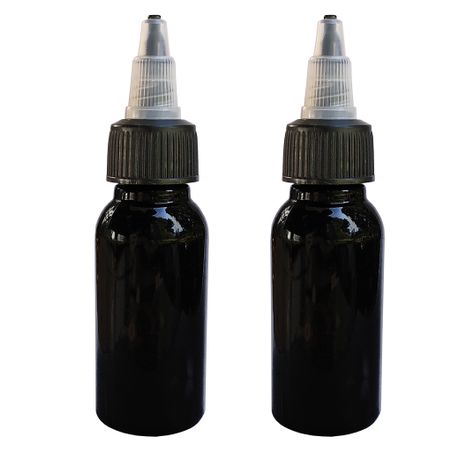
Tattoo inks consist of pigments combined with a carrier, and are used in tattooing.
Tattoo inks are available in a range of colors that can be thinned or mixed together to produce other colors and shades.
How Much Does Tattoo Ink Cost In South Africa
With tattoo starting prices at around R500 and going up to R1 200 or more an hour for larger works, a popular studio could turn over R80 000 or more a month. Going by Del Rocca’s figures, a conservative estimate of the value of ink on the skin would be in the region of R60 million a year in South Africa.
How painful is a tattoo?
Tattooing involves repeatedly piercing your skin’s top layer with a sharp needle covered with pigment. So getting a tattoo is generally always painful, though people may experience different levels of pain. … The most painful places to get tattooed are those with the least fat, most nerve endings, and thinnest skin.
How long does a simple tattoo take?
Bigger tattoos can take more than one session to complete.
A bigger design with a lot of detail or color might take two sessions, while an entire sleeve could take months (and hundreds to thousands of dollars) to finish. On the other hand, a simple tattoo, like a small black star, should only take about 5 minutes.
What is special about tattoo ink?
Research has found that tattoo inks use more than 200 different types of colorants and additives, including heavy metals, but not usually enough to effects things like MRI scanners or metal detectors. While many of the pigments have been approved for cosmetic use, others have been developed for industrial purposes.
Are there different types of tattoo ink?
Pigments in tattoo ink can come from a range of different sources, including modern industrial organic pigments, mineral pigments, vegetable-based and plastic-based pigments.
On top of that, many ink manufacturers blend heavy metals in their pigments with lightning agents to reduce their production costs.
How does tattoo ink affect the body?
“It is the response of the body to clean the site of entrance of the tattoo.”
Researchers have found that tattoo ink can lead to chronic enlargement of the lymph nodes and lifelong exposure to these toxic compounds because they found molecular changes to the tissue, as well as inflammation.